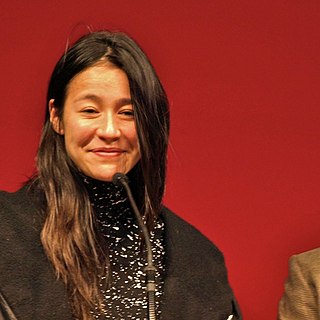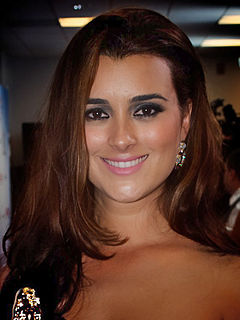A Quote by Richard Misrach
One of the things that was really influential early on was Ezra Pound's Cantos, one poem he worked on for 50 years. It's epic. I had a great deal of difficulty understanding it. One of the problems was you'd be reading along in English and he would move to a Chinese ideogram or French-he actually used seven different languages in a given poem. And for somebody who's not fluent in different languages it has the impact of rupturing your way of understanding something.
Quote Topics
Actually
Along
Chinese
Deal
Different
Different Language
Different Languages
Difficulty
Early
English
Epic
Fluent
French
Given
Great
Great Deal
Had
Impact
Influential
Languages
Move
One Of The Things
Poem
Pound
Problems
Reading
Really
Seven
Somebody
Something
Things
Understanding
Used
Way
Worked
Would
Years
Your
Related Quotes
I work in Hebrew. Hebrew is deeply inspired by other languages. Not now, for the last three thousand years, Hebrew has been penetrated and fertilized by ancient Semitic languages - by Aramaic, by Greek, by Latin, by Arabic, by Yiddish, by Latino, by German, by Russian, by English, I could go on and on. It's very much like English. The English language took in many many fertilizations, many many genes, from other languages, from foreign languages - Latin, French, Nordic languages, German, Scandinavian languages. Every language has influences and is an influence.
The puzzle and conundrums of Emily Dickinson's poetry or The Cantos, by Ezra Pound, is infinitely pleasurable. Or Ronald Johnson's Ark. And the experience extends a whole lifetime. But the intensity of certain vocalized language affects our bodies in a particular way, and that further actualization propels me. The Greeks explored this; there were very particular meters used in making war, different ones for a love chant.


































